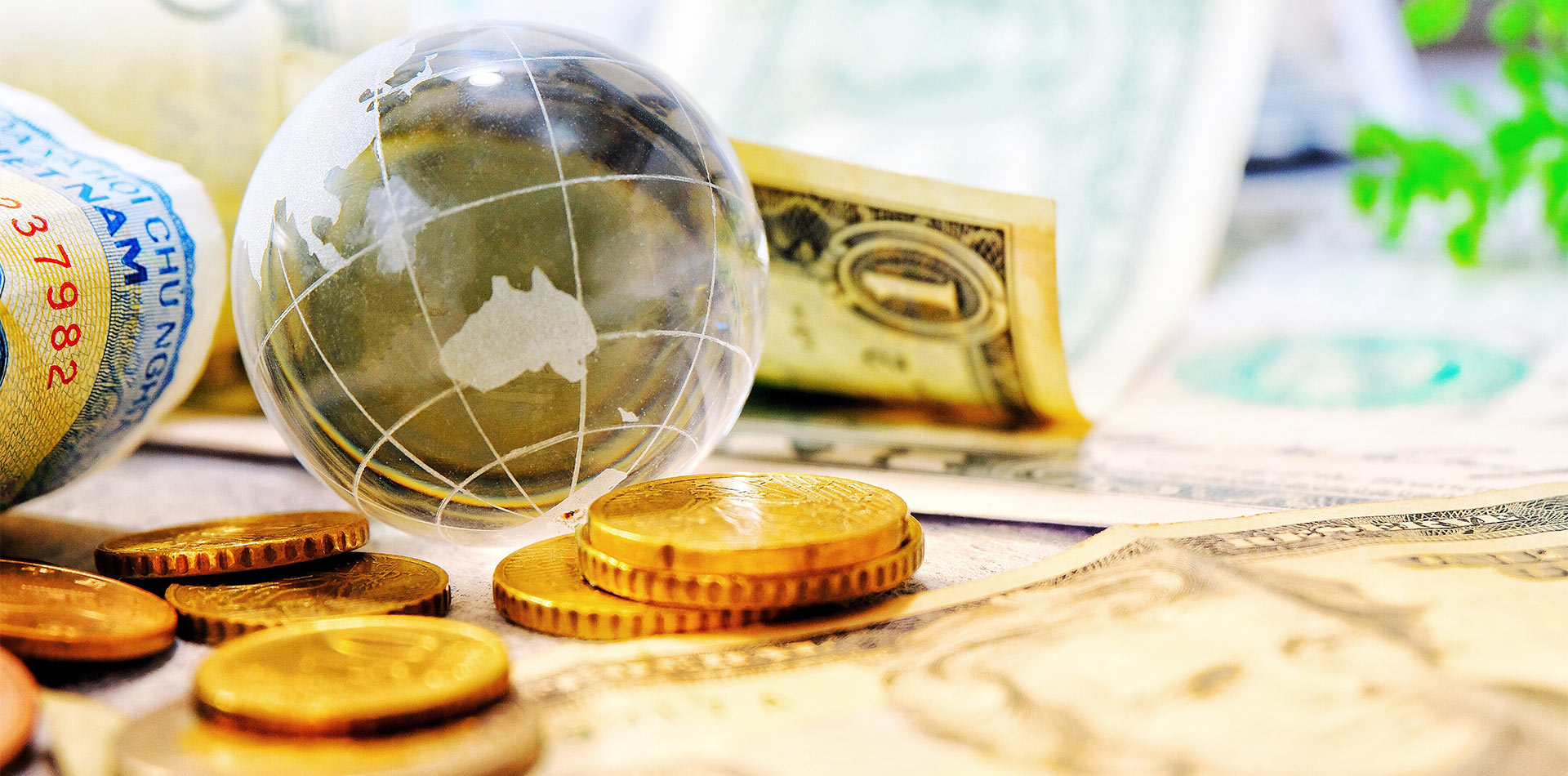The forex market is a 24 hour market that is available five days a week, but not all hours of the market present the same prospects of trading. Time is money when you are interested in learn to trade forex. The knowledge of the best time to trade forex may help in maximizing profit and reducing risks. When answered the question of how to trade forex for beginners, knowing about market sessions would be an excellent beginner. Well, let us analyze it.
Forex Trading Sessions
The forex market is divided into four major trading sessions:
- Sydney Session (10 PM – 7 AM GMT): A quieter period with less volatility, ideal for beginners who want to practice strategies.
- Tokyo Session (12 AM – 9 AM GMT): Known for trading Asian currencies like JPY, this session is moderately active.
- London Session (8 AM – 5 PM GMT): The most liquid session, perfect for trading major currency pairs like EUR/USD or GBP/USD.
- New York Session (1 PM – 10 PM GMT): High market activity overlaps with the London session, offering significant trading opportunities.
Best Time to Trade for Beginners
The best time to trade forex for beginners is during the London-New York overlap (1 PM to 4 PM GMT). Here’s why:
- High Liquidity: With the two largest markets open, currency pairs like EUR/USD and GBP/USD see tighter spreads and greater price movements.
- Volatility Sweet Spot: Beginners can capitalize on market movements without facing excessive volatility that can be overwhelming.
- Major Economic News Releases: Events like U.S. jobs data or European Central Bank announcements often happen during this overlap, creating predictable market trends.
Avoiding Low-Activity Periods
While the forex market is always open, some periods are less favorable:
- Late Fridays: Liquidity drops as traders close their positions for the week.
- Public Holidays: Major markets like the U.S. or U.K. being closed can lead to erratic price movements.
- Sydney Session: While good for practice, beginners may find the lack of market movement less profitable.
For tips on navigating these quiet periods and improving your strategy, check out our videos on YouTube.
Tips for Timing Your Trades
- Align Trading Hours with Your Strategy: Day traders should stick to high-volume sessions, while swing traders can trade less active periods.
- Monitor News Events: Check an economic calendar to avoid trading during unpredictable news releases unless you have experience.
- Use a Demo Account: Practice trading during different sessions to understand how markets behave.
Final Thoughts
If you’re learning to trade forex, start during high-liquidity times like the London New York overlap. A good forex trade platform helps you spot clear trends. As you gain experience, you can day trade forex with more precision and confidence.
Ready to start trading? Compare top forex brokers for beginners and find the best platform to suit your needs here: https://www.iamatradersa.com/forex-broker-comparison/

